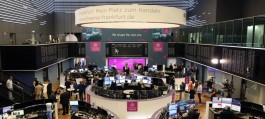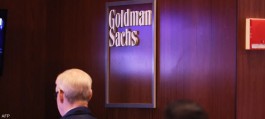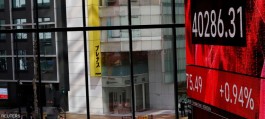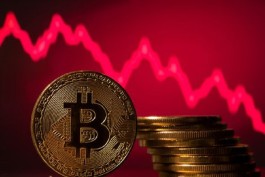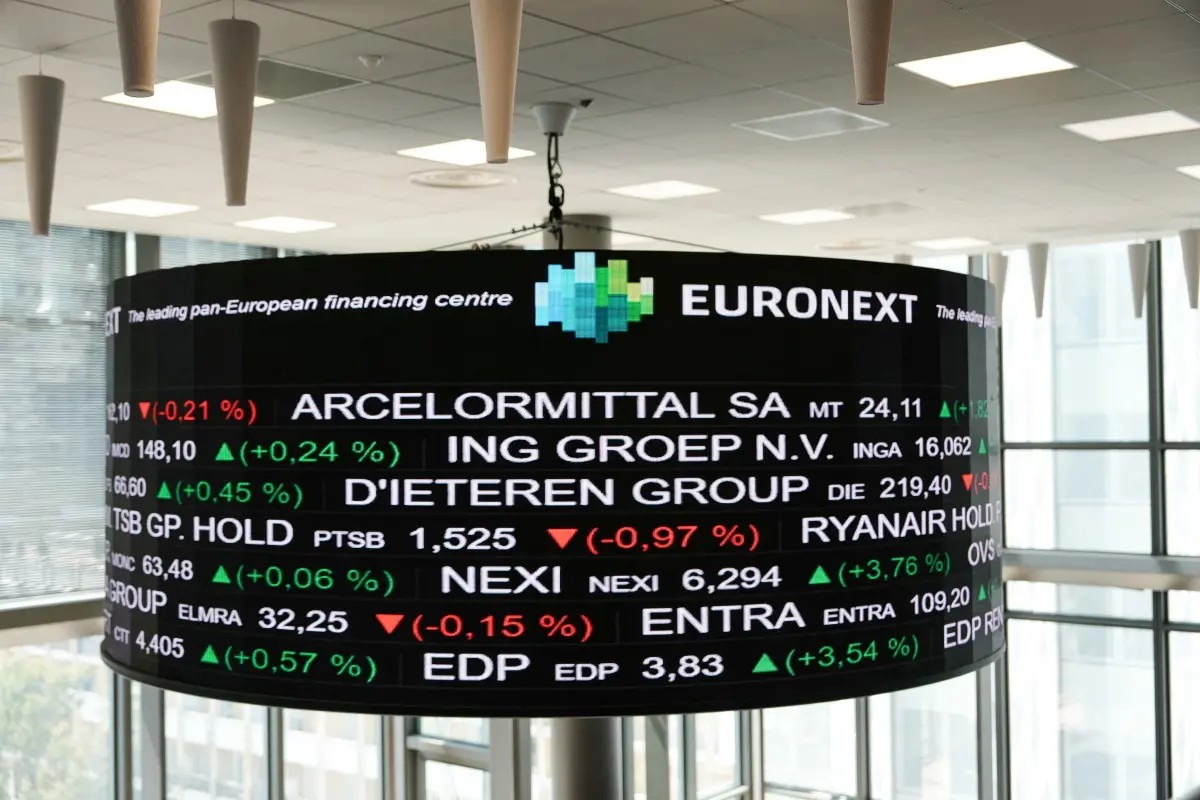European stocks fell on Tuesday, dispelling the positive sentiment that prevailed at the beginning of the week amid growing fears of a renewed trade dispute between the US and China.
The pan-European STOXX 600 index fell 0.6% to 562.98 points, the German DAX index fell 0.8% to 24,185.82 points, the British FTSE 100 index fell 0.1% to 9,427.44 points, and the French CAC 40 index fell 0.7% to 7,873.34 points.
Markets are in a state of anticipation after US President Donald Trump threatened to impose a new wave of tariffs on China to counter financial restrictions imposed by Beijing on rare earth exports.
China controls about 70% of the global supply of rare earths, which are essential materials for advanced technology industries, including automotive, defense, and semiconductors.
However, Trump hinted on Sunday, in a post on Truth Social, that he might not carry out his threat, saying that trade relations with China will be just fine.
Meanwhile, the Chinese market's recovery following recent stimulus measures appears to be showing signs of weakness, with trade tensions returning to dampen investor optimism.
The British pound fell
In corporate news, British energy company BP announced updated financial guidance on Tuesday ahead of its third-quarter results, scheduled for release in early November. The company said it expects adjusted after-tax asset impairment charges of up to $500 million during the fiscal third quarter.
In currency markets, the British pound fell 0.4% against both the US dollar and the euro on Tuesday morning, following the release of UK employment data. Figures from the Office for National Statistics showed the unemployment rate rose to around 4.8% during the three months ending in August, compared to economists' expectations in a Reuters poll of 4.7%.
Jack Kennedy, chief economist at Indeed, said the UK labor market appears to be stuck in a recession, explaining that appetite for hiring remains weak despite limited job losses, making it difficult for the unemployed and new entrants to the labor market, while those currently employed prefer to stay put. He added that wage pressures are gradually easing but remain elevated, and any further interest rate cuts by the Bank of England appear to be on hold until 2026.
Investors are also awaiting the outcome of the joint annual meetings of the International Monetary Fund and the World Bank in Washington, where the IMF is scheduled to release its new World Economic Outlook report on Tuesday.
These meetings bring together central bank governors, finance and development ministers, and representatives of the private sector, civil society, and academia to discuss global economic issues, eradicate poverty, and promote economic development.
















